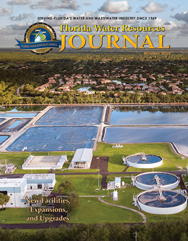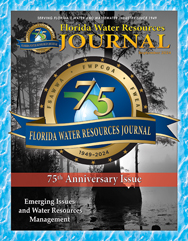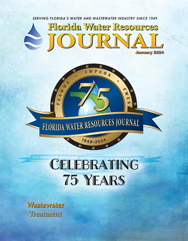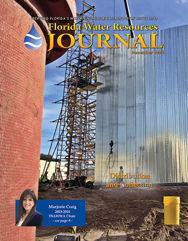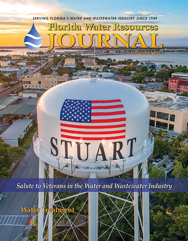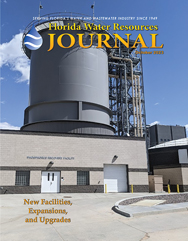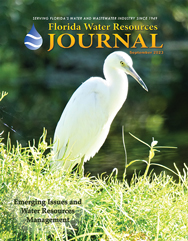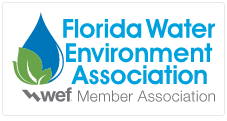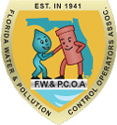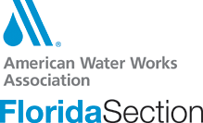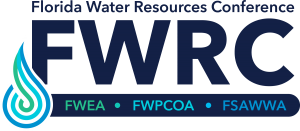10 Extreme Water Disasters in 10 Days Strain Economies Across the U.S. and Expose Critical Federal Funding Gap For Water Infrastructure
The American Business Water Coalition (ABWC) has released a report that addresses the urgent need for the federal government to drastically increase water infrastructure funding and protect the nation’s businesses and local economies. The new ABWC business impact fact sheet, “10 Extreme Water Disasters in 10 Days Shut Down Local Economies Across the Nation,” gathers a list of water infrastructure failures directly tied to extreme weather and business loss in or surrounding major metropolitan areas in all regions of the country between the dates of January 14 and 23.
Key events highlighted in the report include the following:
- Memphis, Tenn., was placed under a boil water advisory between January 18 and 23 following numerous water main breaks, impacting 600,000 people and wreaking havoc on businesses, many of which had to cease or significantly alter operations.
- Philadelphia suffered several large water main breaks following freezing temperatures, resulting in extreme street flooding and water shut-offs between January 22 and 23 for 80 affected properties.
- Metairie, La., the largest community in Jefferson Parish, placed 250,000 residents and all businesses in the community under a boil water advisory on January 23 following a massive break of an 80-year-old water main. Grocery stores, hospitals, schools, and other businesses were forced to limit services or cease operations until the advisory was lifted on January 25.
“This report only scratches the surface of what is happening as a result of underfunded water infrastructure,” said Mae Stevens, chief executive officer of ABWC. “These events, which include water main breaks leading to water shut-offs and boil water advisories, will likely occur more frequently in the future if the federal government continues to underinvest in our nation’s water infrastructure. Every business, no matter how big or how small, is dependent on water to operate. We are past due for this to be made a priority.”
Currently, 5 percent of all nationwide investment is in water infrastructure. Restoring the country’s water systems simply to meet the current needs will cost at least $1 trillion over the next 25 years—without taking into account the impacts of climate change or other future environmental threats. Without a dramatic increase in federal investment, every business and community in the U.S. is at risk, with real-world effects showcased in this report.
The ABWC is a group of water-reliant businesses—from manufacturing to energy to technology and beyond. The coalition provides a platform for businesses across the U.S. to urge Congress and the current administration to increase investment in water infrastructure, and foster relationships between businesses and their local utilities.
To download the ABWC report, go to www.businesswatercoalition.com.


